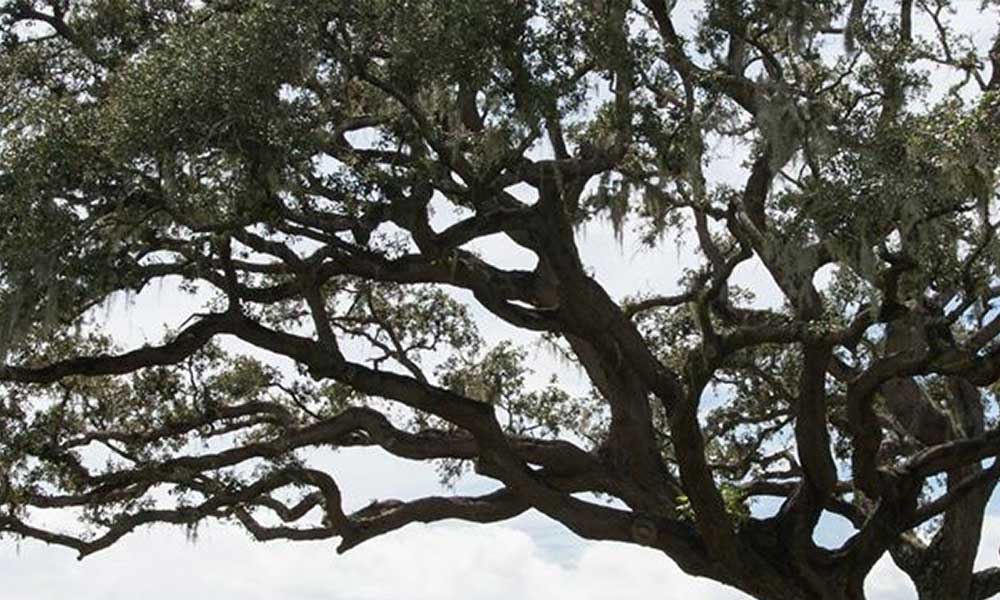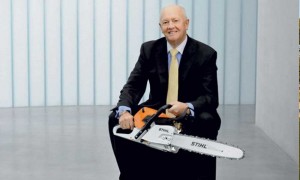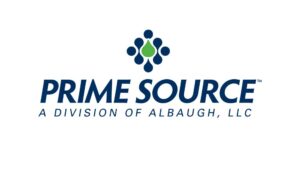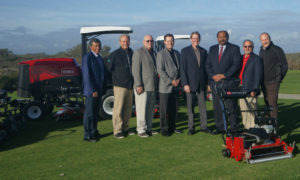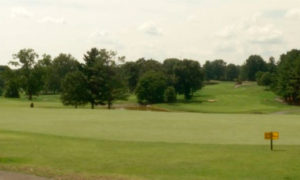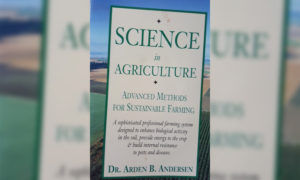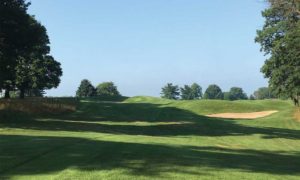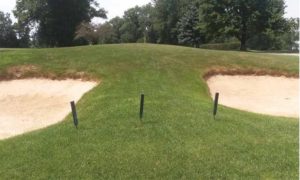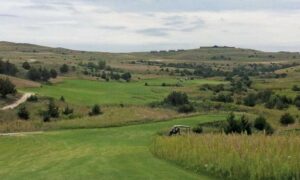With nearly five decades of arboriculture industry experience, Barry Gemberling is a regionally recognized expert on caring for and preserving trees. An environmental education graduate of Pennsylvania State University, Gemberling built his knowledge and skills working in landscaping in central Pennsylvania before coming to Charlotte, North Carolina, in 1993, progressing in his career and helping to establish the Charlotte branch of Arborguard Tree Specialists in 2004.
Gemberling continues to serve Arborguard (which was acquired by the Davey Tree Expert Company in 2017) as a senior corporate arborist, overseeing more than 100 client accounts – including more than 20 golf courses – while networking in a dozen professional trade organizations. Here, Gemberling shares his industry experience and expertise:

What sparked your interest in horticulture?
My love of the outdoors and nature was developed through my experience with Cub Scouts, followed by Boy Scouts, during which I earned the Eagle Scout award at the age of 13. My focus on arboriculture over the past 28 years of my career has transpired because I found working specifically with trees to be more interesting and fulfilling than lawn care and landscaping.
How has your career intersected with the golf course industry?
Other than my family, the greatest loves of my life are trees and golf. While growing and building two different tree service companies over the past 28 years, I was able to “marry” these loves by networking with golf course superintendents to enable management of their trees so they could focus on their love of turf management. The most prominent golf courses I’m involved with include Augusta National Golf Club, Sage Valley Golf Club, Florence Country Club, Don Quixote Golf Club, and Biltmore Forest Country Club within the Georgia and the SC/NC region. In the Charlotte area, I work with Quail Hollow Club, Charlotte Country Club, Carmel Country Club, Trump National Golf Club, Country Club of Salisbury, and more.
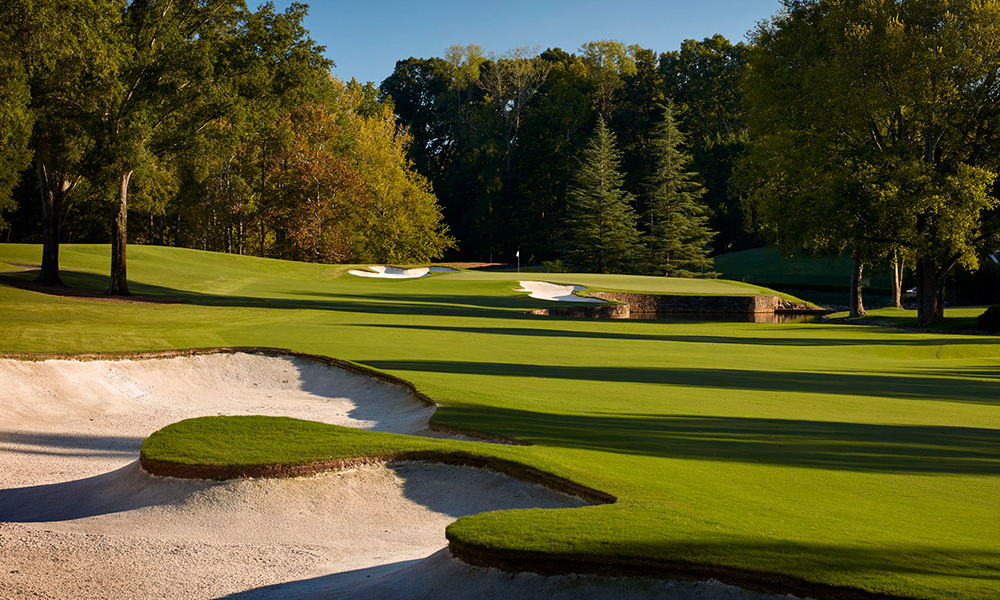
Do you have a golf-related project that you’re most proud of?
I’ve enjoyed protecting, preserving, and maintaining the trees at Quail Hollow Club over the past 16 consecutive years during at least five major renovations, in addition to annual “tweakings” of the golf course and entrance/parking lot areas to host annual PGA Tournaments and blockbuster events such as the PGA Championship in 2018 and the 2022 President’s Cup.
Related: Putting in the Work: Quail Hollow’s Keith Wood offers preview of the 2022 Presidents Cup
What is the most challenging aspect of managing trees on a golf course?
These three challenges are related:
- establishing budgets to enable proper programs
- the impulse to remove or severely reduce the crowns of trees to create more sunlight for the turf areas
- protection and management of the root zone areas beneath the tree canopies.
What should superintendents know when it comes to tree care?
It’s key to have confidence in their professional arborist so they can focus on managing their golf course turf areas. My initial approach is to convey that we understand they are managing a golf course, not an arboretum. We understand that they get evaluated based on the quality of their turf areas, not their trees, and we can make their jobs easier by letting us worry about the trees. It’s also important to know that a tree’s canopy – which impacts sunlight for the grass, playability of the course, and overall aesthetics – is directly related to the management of the root zone areas beneath their canopies from dripline to dripline.
Do you foresee any challenges coming to the golf course industry relating to tree care?
Likely the newest challenge is the impact of the Emerald Ash Borer insect pest. They’ve now invaded the southeastern U.S. after devastating the population of Ash trees in Canada and spreading down through the Northeast and Midwest. Thus, Ash trees in critical locations near tees, fairways, and greens should be identified and protected. Another challenge will always be making sure to identify critically located trees like these as assets and establishing proper budgets to maintain and preserve them.
What do you enjoy doing outside of work?
My greatest love has been involvement with my kids’ activities: watching my son play soccer and preparing meals as a professional chef, watching my daughter perform in plays and musicals as a teenager and developing her professional career as a journalist, and joining them on the numerous vacations and trips we enjoy. For myself, I enjoy playing and watching golf, going to and watching Penn State football games, and finding a good movie to watch on TV.
Kyra Molinaro is an award-winning writer and editor based in Richmond, Virginia. She manages donor communications in the Advancement Office at the University of Richmond.

